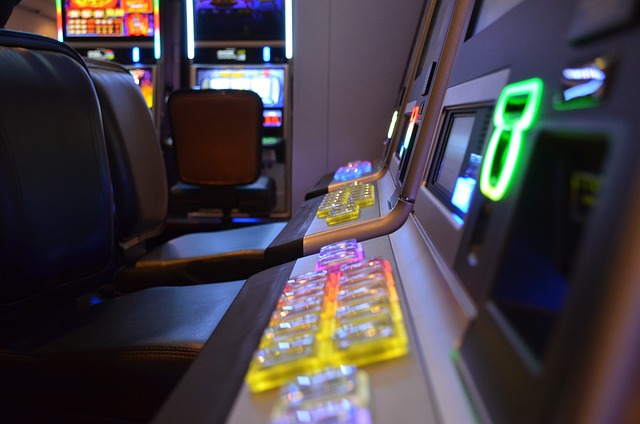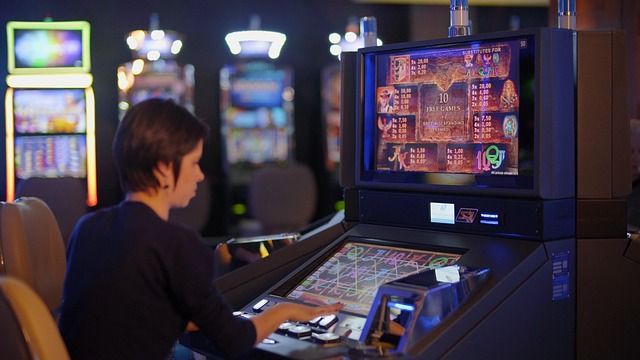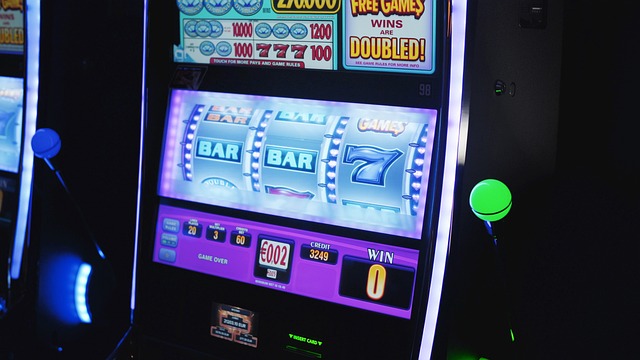Casinos create an illusion of easy wealth. Bright lights and big prizes lure people in, promising excitement and riches. Many players believe a big win will change their lives. Platforms like National Casino use this hope to keep players engaged. But the reality is harsh: very few win, while most lose. This system benefits the casino owners, not the everyday players who often end up struggling more.
The Growing Wealth Gap
Big casinos take in huge amounts of money from countless players. Most of this wealth stays with the owners and investors. Small communities around casinos see little benefit. In fact, many local players face more financial hardship. Casinos widen the gap between the wealthy and the struggling, making it hard for people to escape poverty.
Marketing to the Struggling
Casinos often target people who are struggling financially. Ads show happy winners, feeding the idea that anyone can get lucky. Many people, feeling desperate, believe gambling is a way out. But frequent losses push them deeper into financial trouble. Casinos depend on these repeat players, knowing they will keep returning. This approach keeps vulnerable players trapped in cycles of loss, feeding casino profits.
The Local Impact of Casinos

Casinos promise jobs and local growth, but the reality is different. Most casino jobs are low-paid with limited benefits. Any boost to the local economy is often temporary. Meanwhile, residents around casinos suffer the financial stress of gambling losses. Over time, these losses harm local communities more than they help.
Power Through Politics
Casinos spend heavily to influence politicians and laws. They push for rules that help them earn more while avoiding restrictions. This lobbying keeps casinos free from strong regulations. Without these rules, the industry can keep using risky practices that harm players. By blocking stronger protections, casinos make sure their profits stay safe.
Casinos Rely on Addiction
Casinos design their spaces to keep players hooked. Bright lights, loud sounds, and flashy wins make it hard to leave. Many people develop risky gambling habits, playing far more than they can afford. Casinos profit from addiction, as regular players bring in the most money. National Casino and similar sites rely on frequent users who come back for more.
Creating Social Divides
Casinos often open in poorer neighborhoods, drawing people looking for hope. Money that could be used for food, savings, or education ends up lost in casino games. This cycle of loss adds to social inequality. As the wealthy profit, poorer players find themselves with even less. Casinos don’t just take money—they deepen divides within society.
The Problem with “Responsible Gambling”

Casinos promote “responsible gambling” to appear caring, but their main goal is profit. They fund programs to encourage safe play, but this is often just for show. True responsible gambling would limit casino profits, which isn’t in their interest. Instead, these programs let casinos keep up appearances without real change.
Environmental Toll of Casinos
Casinos require a lot of energy for lighting, air conditioning, and other needs. They have a big environmental impact, often ignored. These resources could support sustainable projects but are used for casino profits. Locals bear the impact through waste and energy use, while casinos focus only on earnings.
Real Change Through Regulation
Governments need to step in with stronger rules. Without change, casinos will keep preying on vulnerable players. Strict policies could protect people from financial harm and bring real benefits to communities. By holding casinos accountable, governments can help create a fairer society.
